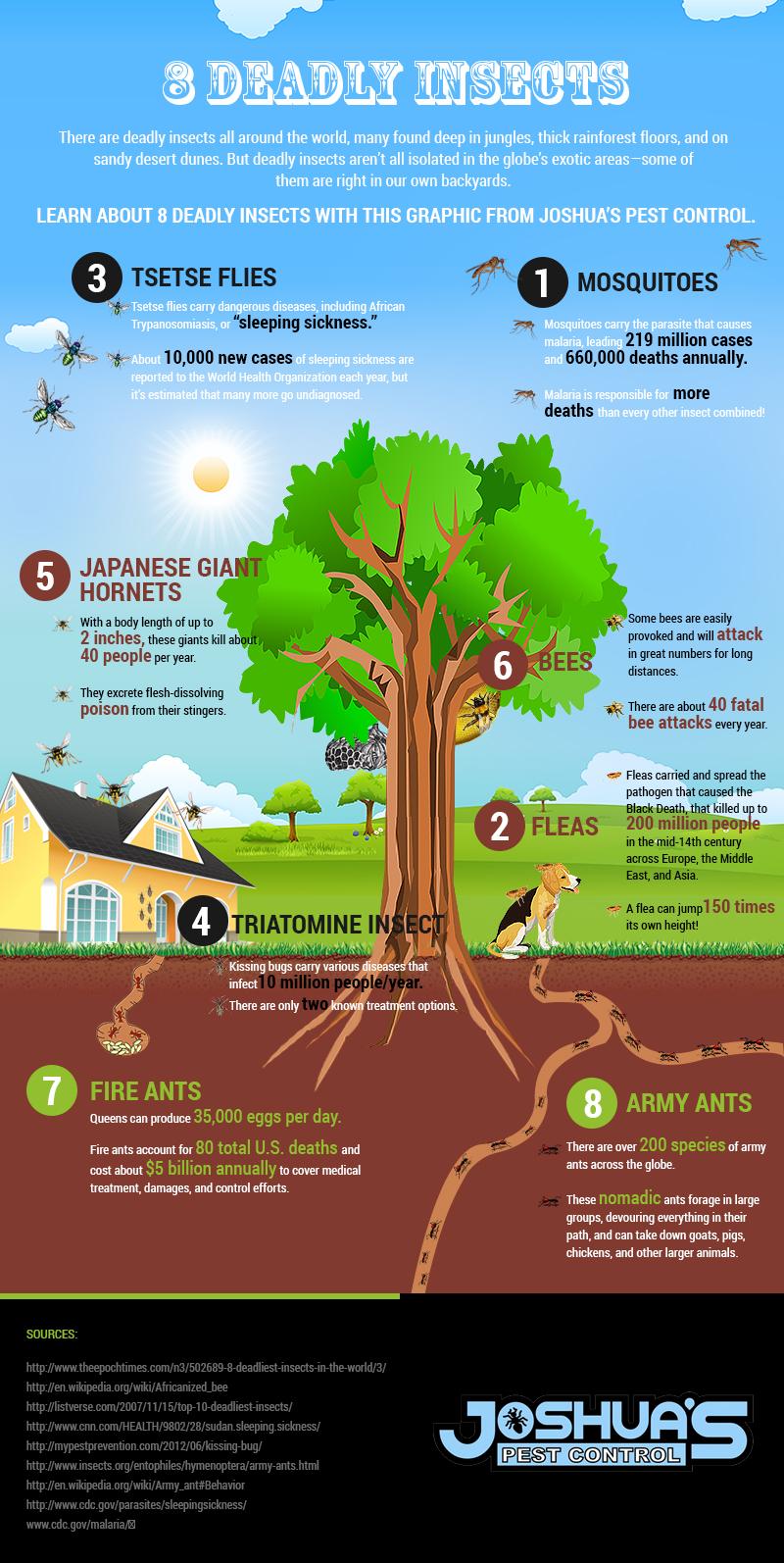Revealing The Techniques Utilized By Bug Control Specialists Beyond Making Use Of Sprays
Revealing The Techniques Utilized By Bug Control Specialists Beyond Making Use Of Sprays
Blog Article
Created By-Bynum Gaarde
Are you tired of relying exclusively on sprays to handle parasites in your home or workplace? While sprays can work, pest control specialists have actually created sophisticated strategies that surpass just spraying chemicals.
These methods not only provide much more reliable and resilient remedies, however likewise focus on minimizing making use of harmful pesticides. By exploring these innovative strategies, you will uncover an entire brand-new globe of insect control techniques that are not only reliable, but additionally eco-friendly.
So, are you all set to take your pest control game to the following level?
Integrated Insect Management (IPM)
If you're seeking a reliable and environmentally-friendly approach to pest control, Integrated Bug Monitoring (IPM) is the service you require. IPM focuses on long-term prevention and monitoring of bugs, instead of simply relying on chemicals. https://www.mypmp.net/2023/05/23/ecofusion-pest-control-opens-new-location/ takes into consideration the specific needs and habits of pests, along with the surrounding environment.
By using a mix of techniques such as biological control, environment manipulation, and targeted chemical usage, IPM intends to lower the dependence on chemical treatments and minimize harm to non-target organisms.
One essential facet of IPM is keeping an eye on and recognizing pests accurately. This involves on a regular basis checking and assessing the pest population, in addition to recognizing the specific varieties existing. By recognizing the biology and habits of parasites, bug control professionals can develop targeted techniques to disrupt their life process and minimize their numbers.
Another crucial aspect of IPM is utilizing non-chemical control techniques whenever possible. This can consist of physical obstacles, such as setting up displays or securing fractures and openings, to avoid pests from going into structures. Additionally, social practices, like proper hygiene and waste management, can assist get rid of pest food resources and reproducing grounds.
When chemicals are essential, IPM focuses on utilizing them judiciously and as a last resort. This implies picking the least poisonous and most efficient alternative, using it exactly and just to influenced locations, and adhering to all safety and security standards. By lessening chemical usage, IPM decreases the potential threats to human wellness and the environment.
Biological Control
To further boost the effectiveness of Integrated Parasite Administration (IPM), the next subtopic we'll check out is the method of biological control. This technique makes use of all-natural killers or parasites to regulate pests.
Here are https://howtoremoveratfrom95173.atualblog.com/31673613/beyond-the-spray-exploring-advanced-techniques-utilized-by-parasite-control-specialists of organic control:.
1. get rid of mosquitoes in yard of all-natural opponents: In this method, valuable insects or microorganisms are presented to the location plagued with parasites. These all-natural enemies victimize the pests, helping to lower their population.
2. Conservation of natural adversaries: Instead of introducing brand-new microorganisms, this method concentrates on developing an ideal atmosphere for existing useful insects. This can be attained via giving food, sanctuary, and water resources.
3. Enhancement: Below, the variety of all-natural enemies is enhanced artificially by reproducing and launching them into the infested area. This assists to quickly decrease the pest population.
4. Push-pull technique: This method incorporates repellents and attractants to adjust the behavior of parasites. Repellents press parasites away from crops, while attractants lure them towards trap crops or locations where they can be quickly regulated.
Environment Alteration
Environment adjustment plays an important role in bug control by altering the atmosphere to prevent insect invasions. By making changes to the physical attributes of a room, you can produce an inhospitable atmosphere for bugs, making it harder for them to make it through and flourish.
One usual technique of habitat adjustment is eliminating or minimizing prospective food sources for bugs. This can include correct waste monitoring, securing containers, and tidying up food crumbs.
Furthermore, removing or decreasing locations of standing water can help regulate insects like insects.
Changing termite bait by cutting trees and shrubs far from structures can additionally prevent pests from accessing your property.
Verdict.
So there you have it - the sophisticated techniques used by bug control specialists surpass just splashing chemicals. Integrated Parasite Administration (IPM) integrates numerous methods to successfully manage bugs, while biological control uses natural enemies to keep insect populations in check.
Habitat modification additionally plays a crucial duty in protecting against parasite infestations.
Did you understand that according to a research study, implementing IPM strategies decreased chemical use by approximately 71%? This not just safeguards our health and wellness and the environment yet additionally saves money in the long run.
